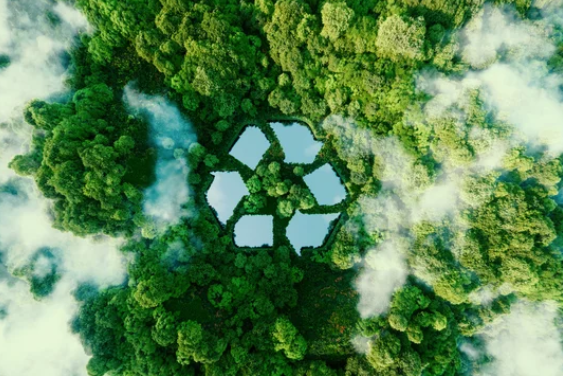The Importance of Recycling Mercury-Containing Thermostats: Protecting Our Environment

Sometimes in business, as in life, you have to step back and take a strategic view of what you do, why you’re engaged and what the future holds.
Thermostat Recycling Corporation (TRC) has directeda vital, promising recycling program for more than 25 years. TRC, a nonprofit organization set up by the former manufacturers of mercury-containing thermostats, has created an excellent structure with clear directions for collecting and properly recycling thermostats. TRC is responsible for properly disposing of more than 14 tons of mercury, thanks to a campaign that has collected more than 3 million thermostats.
Fifteen states have enacted laws mandating that manufacturers establish collection programs for mercury thermostats or prohibit regular waste disposal of these devices.
The Recycling Process
Our recycling efforts are a straightforward process. Our recycling center carefully disassembles the unit in a controlled environment. The purified mercury is then separated for final storage (because mercury is an element, you cannot destroy it). We then recycle the remaining materials, including metals, plastics, and glass, through conventional channels.
What Homeowners and Contractors Can Do
The environmental challenge we face requires the attention and action of individuals like you and I. Businesses and the government have important roles in this process, but it begins with us. The key is for us to recycle mercury-containing thermostats while we try to live in a style that allows us to reduce our personal carbon footprint.
When dealing with thermostats, we suggest these guidelines:
1. Never throw away mercury thermostats in the normal trash or try to take them apart.
2. Find places where you can dispose of them through the TRC website or your local environmental agency.
3. When switching to more efficient and modern thermostats, handle the old units like they are hazardous waste.
4. Support your community in advocating for the appearance of more recycling programs.
Looking Forward
There is a larger picture behind the effort to recycle thermostats. We have an essential environmental obligation to manage all of our devices and products responsibly because we all share the same ecosystem. We might tend to dismiss the idea that everyone should do their part, but even if you believe it’s a cliché, the results show that it’s true time and time again.
Mercury thermostat recycling shows that programs aimed at specific waste types can bring substantial environmental advantages. Those targeted programs pull hazardous materials out of the waste stream; they also reduce the risk to human health. And that is why we do what we do every day.

